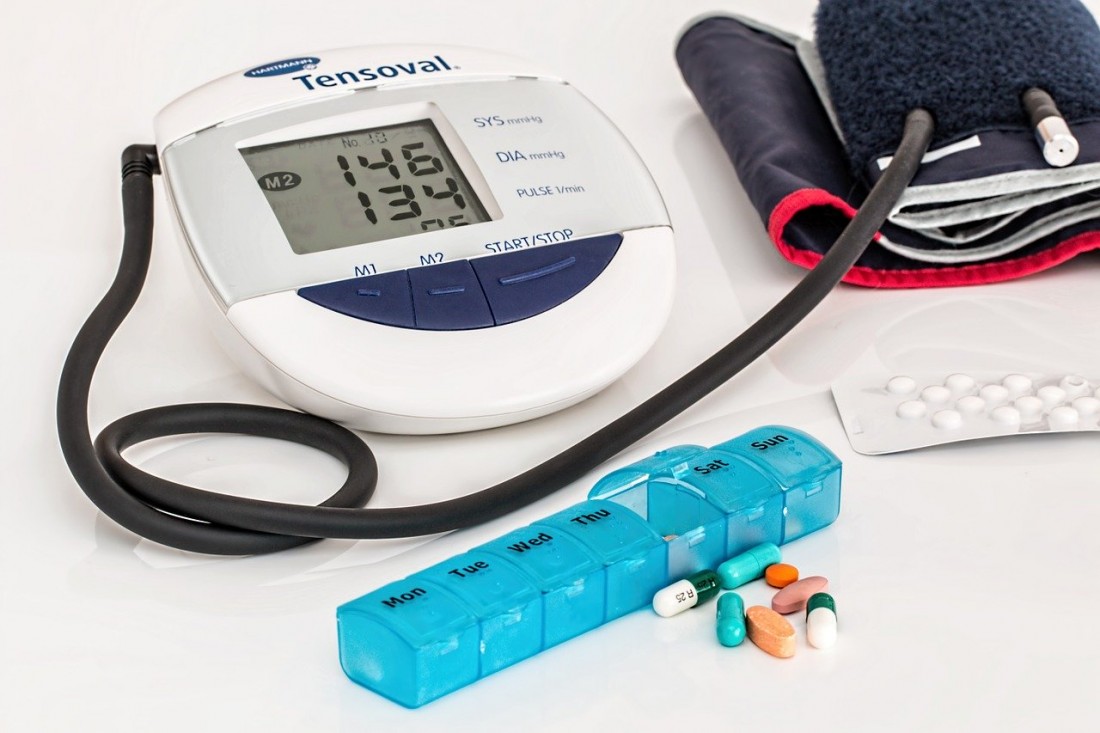Improving Health Access in Rural Communities – McDowell County
McDowell County connects practicing physicians with students who are patients, right at their schools. Using telemedicine connections in public schools, students can meet with physicians online for a diagnosis or consultation.

The Challenge
North Carolina ranks as one of the ten most populous states in the nation. However, much of the growth since 2010 comes from just two counties, Wake and Mecklenburg. In 48 of the state’s 100 counties the population declined, and most are in rural areas. These disparate population trends contribute to starkly different stories about healthcare access.
Rural communities increasingly face a shortage of physicians, hospitals, and urgent care centers, which can result in patients having to be airlifted to other facilities for treatment. Read more from the Kaiser Family Foundation. Rural communities often struggle to access the resources needed to improve their quality of life. Less than 5 percent of physicians trained in North Carolina are currently practicing primary care in a rural county, according to the Cecil G. Sheps Center for Health Services Research.
“Almost any measure you look at in terms of health, rural areas are doing worse,” said Mark Holmes, director of the Sheps Center. “They’re older. They’re poorer. They’re more isolated. They have persistently higher mortality on just about every indicator you look at… from the prevalence of diabetes to opioid use.” Read more from NC Health News.

Source: Sheps Center. The community type is more rural as you move from left to right on the graph, dark blue is urban and dark green represents the most rural areas of NC.
The Solution
McDowell County connects practicing physicians with students who are patients, right at their schools. Using telemedicine connections in public schools, students can meet with physicians online for a diagnosis or consultation. This option helps parents gather professional healthcare information without missing work and removing children from school to go to a doctor’s office. The technology is based on high-definition video-conferencing using specially equipped stethoscopes and cameras so a centrally located health care provider can examine students at multiple schools without traveling, their website states. Students must enroll in the program to receive services. The program bills private insurance and Medicaid. If a student is uninsured or under insured, parents or guardians are billed on a sliding scale. Read more from McDowell News.
The McDowell County Community Care Paramedic Program began in 2013 with funding from the Kate B. Reynolds Charitable Trust. The program assists high utilizers of EMS and ER services in transitioning to primary care physicians to obtain care for non-emergent issues, which frees resources for acute emergencies. The program also works in partnership with McDowell Hospital to provide follow up care to discharged patients who are at high risk of being readmitted. Some patients are not eligible for home health after being discharged from the hospital and the program serves to bridge this gap. The team also provides wellness events in the community to raise awareness of uncontrolled high blood pressure, diabetes, and other conditions.
According to a UNC article, the UNC School of Medicine committed to improve the education and retention of rural physicians in 2013, when it launched the Kenan program, which collaborates with the UNC School of Medicine-Asheville Campus, Mission Hospital in Asheville, and MAHEC, the Mountain Area Health Education Center. Students attend the first two years of medical school at Chapel Hill, then commit to the program at the UNC School of Medicine-Asheville campus for their third and fourth years of medical school. They need to study one of the areas that the program classifies as “primary care”: family medicine, psychiatry, general surgery, internal medicine, obstetrics and gynecology, pediatrics or emergency medicine.

The Players
The telemedicine program is available in every public school in McDowell County, as well as McDowell Technical Community College. The program receives funding from Duke Endowment and the Center for Rural Health Innovations. The McDowell Community Care Paramedic Program receives support from local government and philanthropies. Leaders in McDowell County convened a forum for residents to share their recommendations for improving the health of their community. One of the most popular solutions was a community garden to increase access to healthy foods. The NC Office of Rural Health provides technical assistance to small hospitals and community health centers in rural and medically underserved communities, recruits health care providers to work in rural and medically underserved communities, and provides grants for community health centers.
The Promise
According to McDowell News, each student in McDowell County can receive care from a medical provider without leaving school. “This is the third year of the program, it’s growing and we have had great success,” said Christy Lewis, director of the program. “Over 90 percent of the patients we see get to go back to their classroom, which is amazing. That is our goal, to keep kids in school.” McDowell County is only one of four in the state that uses the telemedicine program in schools, according to the director, but many other counties may want to consider implementing a similar program.
In 2013, McDowell EMS was one of only three programs in North Carolina, and the first agency in a rural county, approved for funding for a Community Care Paramedic Program. In 2016, the program was selected as a pilot site for behavioral health diversions. When available, community paramedics respond to all behavioral health emergencies in McDowell, and utilize a rigorous medical clearance screening protocol. In three years, the program saved $1,262,009 in healthcare costs and prevented 1,154 EMS/emergency room visits and 79 hospital readmits. Read more from McDowell News. In January 2020, neighboring Caldwell County voted to create a community care paramedic program, citing the successful program in McDowell County as a model upon which they will base their efforts.
